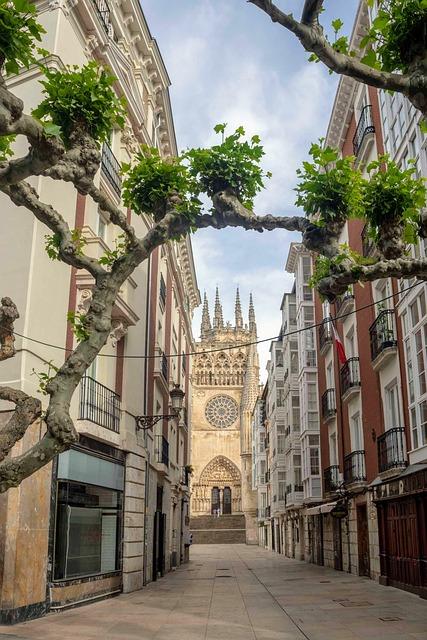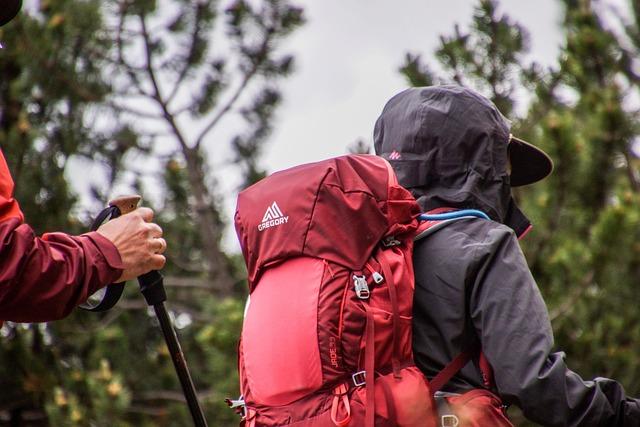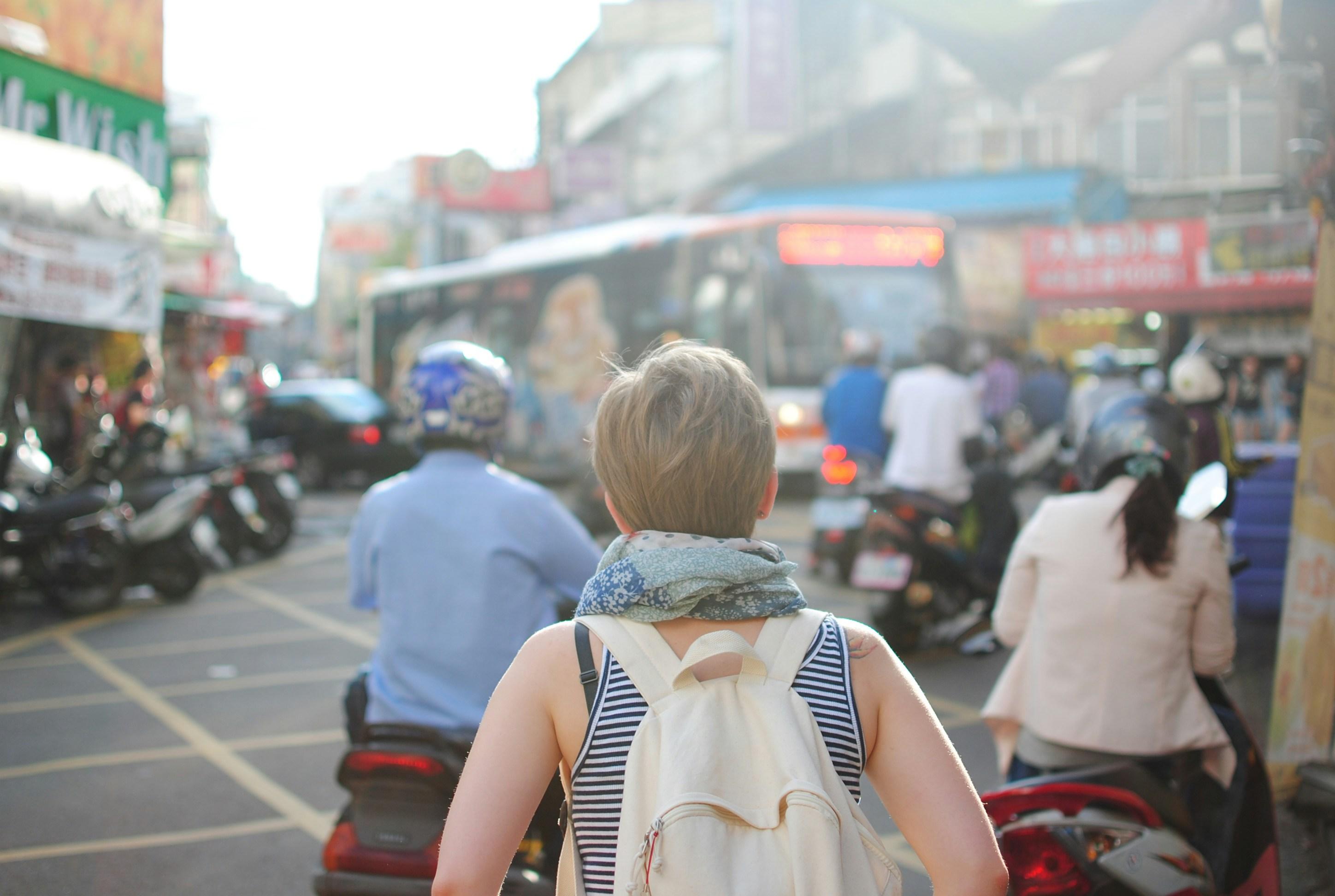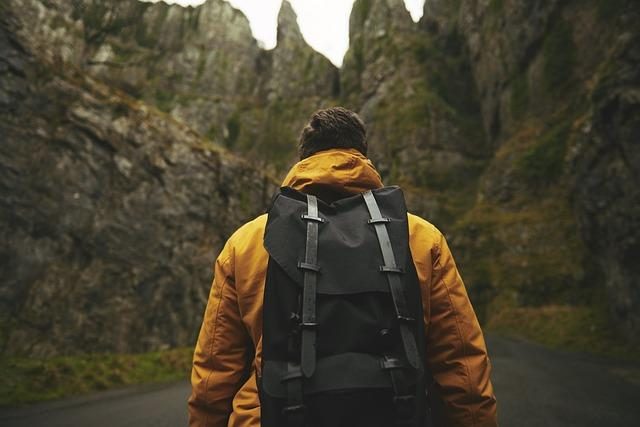In the cobblestone streets of Europe’s historic cities, where whispers of the past intertwine with the vibrancy of the present, a new kind of traveler roams. The backpacker, with a world map etched in curiosity and a budget as modest as their ambitions are grand, has become a ubiquitous presence. From the sun-drenched plazas of Spain to the misty highlands of Scotland, these wanderers tread paths both well-worn and hidden. Yet, as they traverse the continent in search of authenticity and adventure, a question arises amidst the echoes of ancient cathedrals and bustling markets: Is this surge in backpacker tourism subtly eroding the cultural tapestry it seeks to admire? This article delves into the heart of Europe’s cultural crossroads, exploring the impact of this travel phenomenon on the timeless traditions and communities that form the soul of the continent.
Impact on Local Traditions and Heritage Preservation
The surge in backpacker tourism across Europe has sparked an intense debate over its effects on local traditions and heritage preservation. On one hand, this influx of travelers brings economic benefits and fosters cross-cultural exchange. Yet, there’s a growing concern about the erosion of cultural authenticity. As small towns and historic sites become inundated with visitors, local customs may be diluted or commercialized to cater to tourist expectations. This phenomenon, often referred to as “Disneyfication,” can lead to the transformation of once-genuine cultural experiences into mere performances.
Moreover, the pressure on infrastructure and resources poses a threat to the preservation of heritage sites. With an increasing number of visitors, historic landmarks face accelerated wear and tear, and the surrounding environment can suffer from overuse. Communities are sometimes forced to adapt their traditions to fit the tourist narrative, potentially losing their original significance. To address these challenges, many regions are exploring sustainable tourism practices, aiming to balance economic gains with the need to protect and honor their cultural legacy.

Economic Benefits Versus Cultural Costs
While backpacker tourism injects significant economic vitality into Europe’s local economies, the cultural costs are increasingly hard to ignore. The influx of budget-conscious travelers stimulates small businesses, from cozy cafes to artisanal shops, often breathing new life into once-struggling communities. However, this financial boon comes with a price. The sheer volume of visitors can lead to the erosion of local customs and traditions, as towns and cities transform their cultural identities to cater to tourists’ expectations.
- Economic Benefits:
- Boosts local businesses and creates jobs.
- Encourages infrastructure development.
- Promotes cultural exchange and global awareness.
- Cultural Costs:
- Commercialization of traditional practices.
- Overcrowding leading to environmental degradation.
- Loss of authentic local experiences.
As European destinations become increasingly reliant on tourism dollars, the challenge lies in balancing economic gains with the preservation of cultural heritage. Policymakers and community leaders must navigate this delicate terrain, ensuring that the region remains both a vibrant cultural tapestry and a thriving economic hub.

Strategies for Sustainable Backpacker Tourism
Backpacker tourism, with its promise of affordable travel and authentic experiences, can be a double-edged sword. To ensure this form of tourism doesn’t compromise the cultural integrity of Europe, adopting sustainable strategies is crucial. Promoting off-peak travel can help distribute the influx of tourists more evenly throughout the year, reducing the strain on local communities and infrastructures. Encouraging tourists to explore lesser-known destinations not only alleviates pressure on popular sites but also supports local economies.
Travelers can adopt a more responsible approach by prioritizing cultural sensitivity and environmental consciousness. This includes:
- Opting for local accommodations and eateries, which helps preserve the cultural fabric and supports small businesses.
- Engaging with communities through volunteer opportunities or local workshops to foster mutual understanding and respect.
- Minimizing waste by using reusable water bottles and bags, and supporting eco-friendly tours.
By embracing these strategies, backpackers can enjoy enriching experiences while contributing to the sustainable development of Europe’s cultural landscape.

Engaging Backpackers in Cultural Respect and Awareness
In an era where backpacker tourism is booming, fostering a sense of cultural respect and awareness is essential. Travelers often find themselves in culturally rich environments, each with its own set of traditions, customs, and values. Encouraging backpackers to embrace these diverse cultures can lead to more enriching experiences and help mitigate any negative impacts on local communities. By being mindful of local customs, backpackers can cultivate a deeper connection with the places they visit, enhancing their travel experience while promoting a positive cultural exchange.
- Learn Basic Phrases: Understanding and using simple words in the local language can open doors and show respect.
- Dress Appropriately: Being mindful of cultural norms regarding attire can prevent misunderstandings and show appreciation for local traditions.
- Support Local Businesses: Choosing to eat, shop, and stay at locally-owned establishments can contribute positively to the community’s economy.
- Be Mindful of Customs: Observing and respecting local traditions and practices can enhance mutual respect and understanding.
By adopting these practices, backpackers can become ambassadors of cultural respect, leaving a positive footprint on the destinations they explore. The key is to approach each journey with an open mind and a willingness to learn, ensuring that tourism continues to be a force for good in preserving and celebrating Europe’s diverse cultural heritage.
Wrapping Up
As the sun sets on the cobblestone streets and the echoes of bustling backpackers begin to fade into the evening, the question lingers like a soft whisper in the air: is the rise of backpacker tourism a blessing or a burden for Europe’s cultural tapestry? Perhaps the answer lies not in absolutes but in a delicate balance—a dance between the old and the new, the preserved and the evolving. As we navigate this intricate landscape, it is crucial to remember that culture is a living entity, capable of both withstanding the winds of change and embracing them. Whether backpacker tourism is a fleeting trend or a permanent fixture, the true essence of Europe’s cultural heritage rests in our collective ability to cherish its past while shaping its future. And so, the journey continues, with each step leaving a trace on the ever-unfolding story of Europe’s cultural legacy.

































